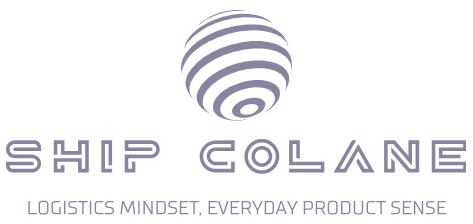How I Discovered the Magic of Black Light Fluorescent Tubes: An Expert’s Insight
I’ve always been fascinated by how certain objects and environments transform under the glow of ultraviolet light, and nothing captures that mysterious allure quite like a Black Light Fluorescent Tube. These unique lighting tools don’t just illuminate—they reveal hidden colors and patterns that are invisible to the naked eye, creating an otherworldly atmosphere that feels…
